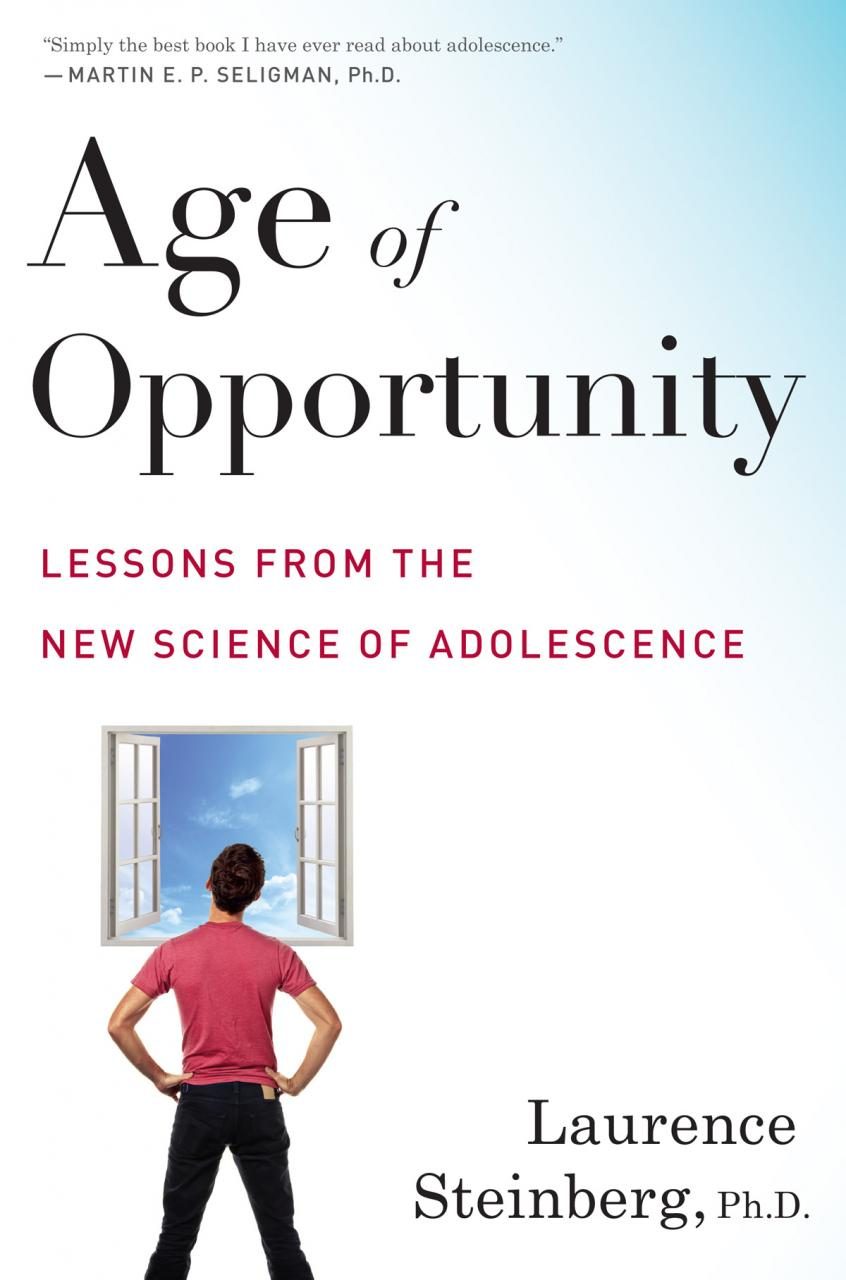Laurence Steinberg, Ph.D.
Distinguished University Professor and Laura H. Carnell Professor of Psychology, Temple University
Age of Opportunity: Lessons from the New Science of Adolescence
Adolescence now lasts longer than ever, and the adolescent brain is surprisingly malleable. These new discoveries make this time of life crucial in determining a person’s ultimate success and happiness. In this lecture, Laurence Steinberg, Ph.D., one of the world’s leading authorities on adolescence, will discuss the teenage brain’s potential for change, the elongation of adolescence as a developmental stage, and the implications of each for how we parent, educate, and understand young people. His brand-new bestselling book, Age of Opportunity: Lessons from the New Science of Adolescence, has blurbs on the covers from 7 former FAN speakers., all of them high praise: Rosalind Wiseman, Jennifer Senior, David Sheff, Madeline Levine, Ph.D., Carol Dweck, Ph.D., Daniel Siegel, MD, and Angela Lee Duckworth, Ph.D. There are few as distinguished in the field of adolescent development as Dr. Steinberg – come learn from the best!
NOTE: Second Event Tuesday, November 4, 2014, You and Your Adolescent: A Practical Workshop for Parents, 9:30 AM, New Trier High School, Northfield Campus, Cornog Auditorium, 7 Happ Rd., Northfield, 60093 . When parents are asked to name the most difficult periods in their child’s development, the teen years usually are at the top of the list. But with a better understanding of how and why your child is changing during the transition into and through adolescence, you can become a more effective parent, reduce the amount of conflict you and your teenager have, help your teenager develop in positive ways, and maintain your own equanimity. In this workshop, Laurence Steinberg, Ph.D., one of the world’s leading authorities on adolescence, will provide an overview of the major physical, intellectual, social, and emotional changes that take place as children move into and through adolescence. You will gain an understanding of how your teenager thinks, why his or her behavior is changing, how your relationship is being transformed, and how all of this is affecting parents’ own well-being.
Upcoming Events
Year of the Monkey: An Evening with Patti Smith
Patti Smith
Writer, performer, and visual artist
Evanston Township High School Auditorium
Live streaming video of this event will be available, beginning at 7:00 PM, on the ETHS Wildkits YouTube Live Stream channel.
Special thanks to DJ Jeff Pazen for pre- and post-event music!

The Power of Human: How Our Shared Humanity Can Help Us Create a Better World
Adam Waytz, Ph.D.
Associate Professor of Management and Organizations at Northwestern University’s Kellogg School of Management.
North Shore Country Day School Auditorium
The Great Juggling Act: Balancing Life as a Parent
Julie Morgenstern
Time-management and productivity specialist, and author of Organizing from the Inside Out, Never Check Email in the Morning, SHED Your Stuff, Change Your Life, and the brand-new Time to Parent: Organizing Your Life to Bring Out the Best in Your Child and You
New Trier High School, Northfield Campus, Cornog Auditorium



